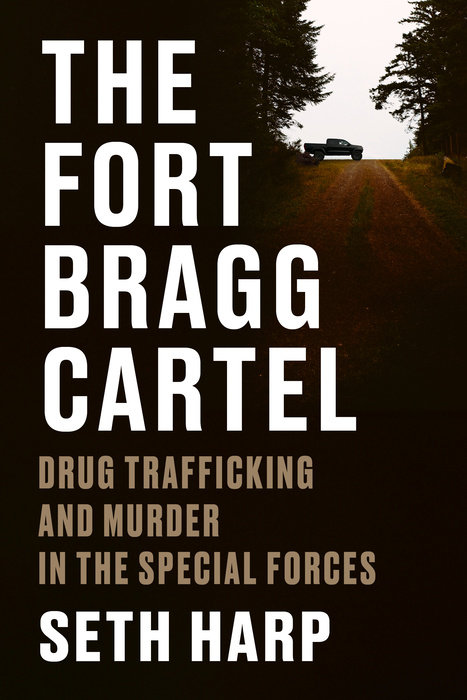Dumas, a baldheaded, broad-chested Black man who woke up every morning around five o’clock to run and lift weights, and often wore a three-piece suit, fit the profile of the kind of man with whom Huff liked to work. “I preferred to deal with older, more mature people,” Huff said, “not thugs with their pants hanging around their ass.” Once they got to know each other, Huff and Dumas became not only business partners but best friends. “He was an amazing man,” said Huff. “Probably the most amazing guy I’ve ever met. No homo,” he hastened to add.
It’s one thing to traffic drugs internationally and smuggle them across the country undetected. It’s another, often more fraught thing to convert stacks of bulk cocaine into cash. What made Dumas such a valuable partner to Huff was that he could liquidate wholesale product at an incredible rate. The secret to his mercantile alacrity was Fort Bragg.
“Tim told me about basically a gang,” said Huff, “a drug-trafficking organization within the military,” made up of “an unspoken group of soldiers that policed themselves.” The bricks of coke that he passed off to Dumas were in turn distributed among the group, a confederation of semi-independent dealers in and around Fayetteville.
The core members of the underground military mafia, in Dumas’ telling, were Special Forces soldiers who had gone over to the dark side during deployments to Afghanistan. The main players were “guys that are trained killers, that have already killed people,” Huff said. As such, they played by cartel rules. In order to settle debts and resolve disputes, they “would resort to anything,” Huff said, “including murder.”
“It Was Seriously Incriminating Shit”
Besides dealing drugs on base and off, “they were taking grenades,” Huff said, “taking automatic arms,” stealing them from Fort Bragg armories, and reselling them on the black market. Dumas’ role in the gun-trafficking portion of the conspiracy, before he was kicked out of the Army, was to falsify entries in the property book accounting system to keep anyone from noticing the disappearing items. “That was his job,” said Huff. “Maintaining records.”
